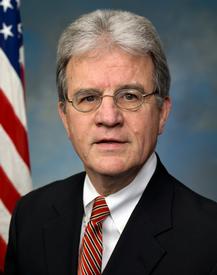 Originally published on Divine Knight Gaming.
Originally published on Divine Knight Gaming.
In the early part of last year, we wrote an article about our thoughts on Let’s Play videos and fair use. This was written in response to Nintendo’s choice to use YouTube’s Content ID system to claim ad revenue on user created videos of their games.
In that we wrote that fair use trumps any claim we may have on video’s depicting our games.
But for us, we don’t think that creating a video of you playing our game is anything but fair use. How can it not be? You are not creating direct copies of our games. So you are not infringing our right to be the sole distributor of our game. The videos are clearly transformative. Meaning, it is not a substitute for people buying our game as watching a video is a vastly different experience than actually playing it. Additionally, the majority of let’s play videos include content, such as commentary, that is not created by us. That is the copyright of the person creating the video. We provided a canvas, they made the painting. That is how we see it.
Because of these thoughts, we chose not to give explicit permission to create let’s play videos of our games because we have no to right to do so.
But now another issue has come up, one that was at issue back then, but didn’t make the headlines as it is now. This issue is whether game developers have any right to claim money made by let’s players. Why is this an issue now? Two reasons.
One is the news that PewDiePie made roughly $4million on let’s play videos last year alone. That is seriously a lot of money. I would love to do something that brought in that kind of cash.
The second reason is Fez creator Phil Fish’s response to that news. On Twitter, he wrote that Let’s Play video creators owe game developers a large portion of any money they make from those videos. This did not go well among a lot of people.
So we gave our general thoughts on this matter last year, but wanted to respond further. So we wanted to answer a few questions about our thoughts on this money issue. Questions are thanks to Oklahoma Game Developers (which I write for and own)
 Originally published on Game Politics.
Originally published on Game Politics.





